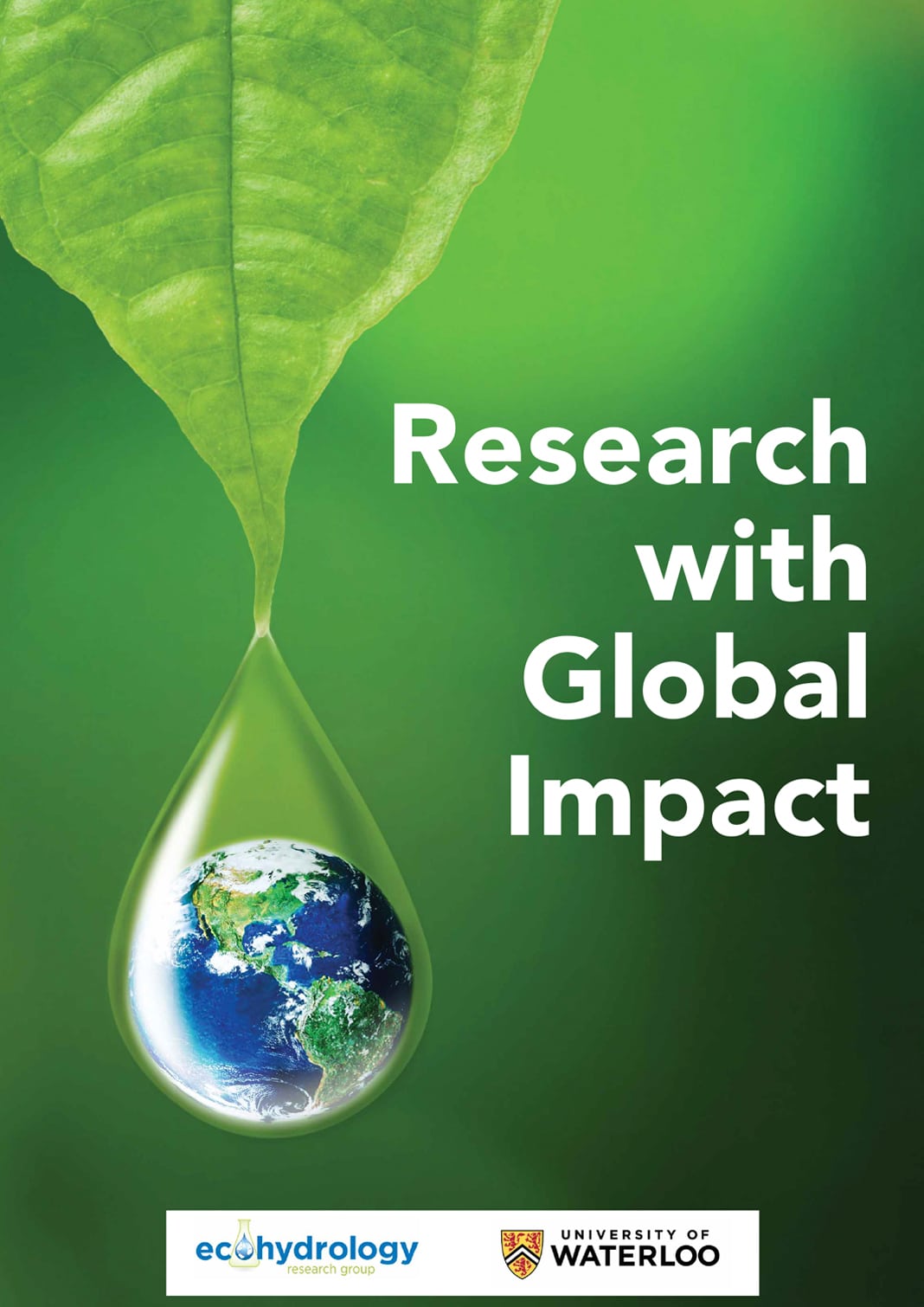Since 2011 an international research team of more than 45 scientists, technicians and students has been running experiments from the Canada-based lab and international field, analysing and characterising aqueous, solid-state and biological samples of and in the world’s water.
With more than a hundred peer-reviewed publications and counting, including in prestigious publications such as Science, Nature and PNAS, the Ecohydrology Research Group (ERG) at the University of Waterloo is seeking ways in which we can balance the water needs of society, ecosystems, and the environment.
Using water wisely is not an issue limited to developing countries or dry, arid regions. Freshwater for leisure and massive-scale damming have had profound effects on local ecosystems. It is the aim of the international research team at ERG to discover the extent of these effects and how long they could continue to influence climate change and biodiversity in the environment, and the economy, food production and health in society.
The benefits of international research
By observing these changes on massive spatial and temporal scales, the ERG international research team focuses on molecular studies, the bioavailability of nutrients and pollutants, and man-made disruptions to hydrological cycles.
The international research extends from the Waterloo lab to the global field, aiming to fill the knowledge gaps in areas such as:
- Human pressures;
- Nutrients and contaminants;
- Water quality; and
- Hydrology and biogeochemistry.
In this booklet, the ERG introduces the work and viewpoints of some of its key players, including the group’s founder Dr Philippe van Cappellen, who argues that large-scale damming will be responsible for the largest man-made perturbation of the freshwater cycle by restricting carbon and nutrients from reaching coastal areas.
Additionally, Dr Fereidoun Rezanezhad argues how melting ice could expose soils to colder air, and thereby alter the freeze-thaw cycles, and Dr Chris Parsons briefly explains his research into phosphorus and nitrogen content in algal blooms in the freshwater lakes and reservoirs used by humankind every day.


